Though organic certification requirements vary, organic fruits and vegetables are usually grown without synthetic pesticides or fertilizers. Organic meats and eggs come from animals that have not been given routine antibiotics – most organic livestock are also fed organically-produced food and are provided access to the outdoors with sunlight and freedom of movement.
Organic and conventional food must meet the same quality and safety standards. Organic food differs from conventionally produced food simply in the way it is grown, handled and processed. There is no scientific evidence to suggest that it is more nutritious or safer than conventional food. A recently published report indicates that organic food is less likely to contain pesticide residues than conventional food (13 percent of organic produce samples versus 71 percent of conventional produce samples contained a pesticide residue when long-banned persistent pesticides were excluded). Yet, according to the National Research Council, the traces of pesticides left on conventionally grown products are unlikely to cause an increased cancer risk. Also, if fruits and vegetables are properly washed, most of the chemicals can be removed.
As for taste, that's up to you to decide what you like best. In general, people tend to find that the fresher a food is, the better it tastes, regardless of how it was produced.
Organic foods can be part of a healthy diet. Whether they are much better for you than conventional food is still up for debate. One benefit of organic food is that it is pesticide free, which is definitely better for the environment. It's probably better for you as well, though many people argue that the pesticide residue on foods is too small to cause health problems.
Some studies have found certain organically grown foods have higher nutrient contents, while others suggest that organic food just tastes better. But these differences may not offset the higher prices you will pay for organic food. When it comes down to it, eating organic food is a personal preference.
As far as weight is concerned, eating only organic food will not necessarily help you lose weight. You still need to make good food choices, both in what you eat and how much. Many foods labeled as organic can still be high in sugar, fat, and calories — so a bag of organic potato chips isn't a healthy food.
Whether you go organic or buy conventional, eat a variety of healthy foods, including fruit and vegetables, whole grains, and lean protein, watch portion sizes, and be sure to be active every day.
Once upon a time, organic food was available only at health food stores, marketed to "tree-hugging" consumers willing to pay extra for "natural," environmentally friendly foods. Today, organic foods are undeniably mainstream. Not only can they be found at most every neighborhood grocer, but even giants like Wal-Mart are getting into the act.
People who buy organic are seeking assurance that food production is gentle to the earth, and/or looking for safer, purer, more natural foods. But are organic foods really worth the added expense?
"If you can afford them, buy them," recommends New York University professor Marion Nestle, PhD, MPH. "It really is a personal choice but how can anyone think substances, such as pesticides, capable of killing insects, can be good for you?"
But American Dietetic Association spokeswoman Keecha Harris, DrPH, says, "There is no evidence that organic foods are superior over traditional foods."
Food does not have to be organic to be safe and environmentally friendly, she says. She recommends focusing on eating food grown close to where you live. She notes that some organic foods come from multinational companies and have been trucked across the country.
"They may be organic, but the ... environmental footprint includes lots of petrochemicals used in transportation, whereas if you buy produce from your local farmers market, it may not be organic but it is farm-fresh and less impactful on the environment," says Harris
One thing the experts agree on: Regardless of whether you choose locally grown, organic, or conventional foods, the important thing is to eat plenty of fruits and vegetables. The health benefits of such a diet far outweigh any potential risks from pesticide exposure.
What about cloning animals or those genetically engineered salmon, hard-wired to double their weight? Those would be considered inconsistent with organic practices, too, because of the laboratory intervention required.
In other words, what we call “organic food,” our grandmothers would have simply called “food.” Because a lot of these new ingredients didn’t exist when we were younger, having only been created in laboratories, patented and then introduced into our foods in the last few decades.
For More Details Please contact :
Plot No. 266, Faizabad Road,
Kamta, Post Chinhat
Lucknow-227105
Tel: +91-(0)522-2701579,09956293335
Fax: +91-(0)522-2701395
SMS: OI to 58888
Toll Free No.: 1800-180-5153
Kamta, Post Chinhat
Lucknow-227105
Tel: +91-(0)522-2701579,09956293335
Fax: +91-(0)522-2701395
SMS: OI to 58888
Toll Free No.: 1800-180-5153










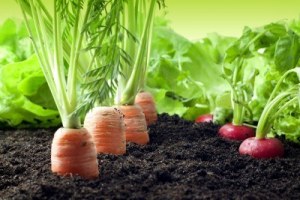
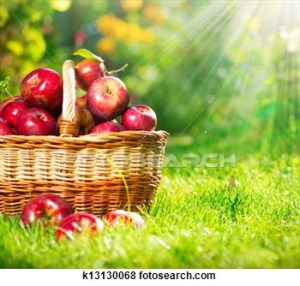
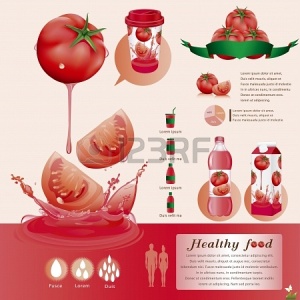
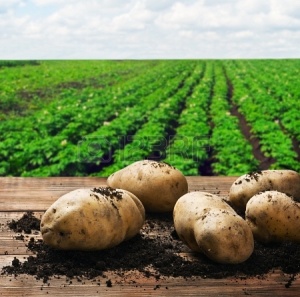

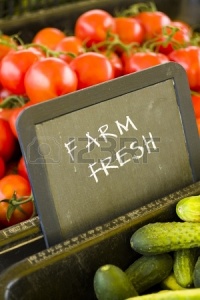
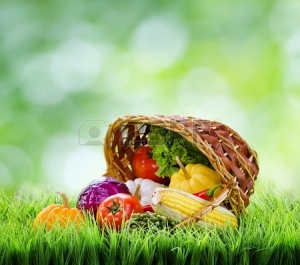
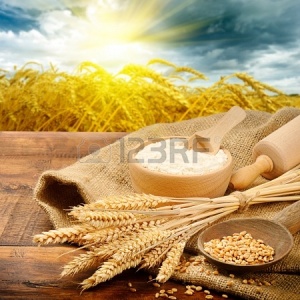
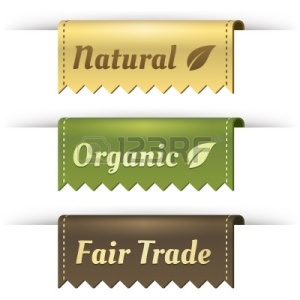
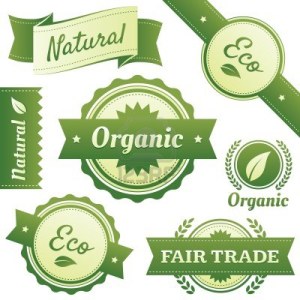

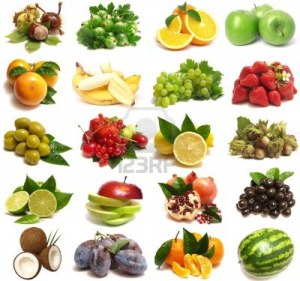
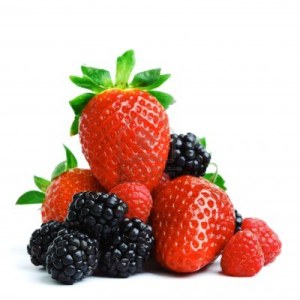
No comments:
Post a Comment